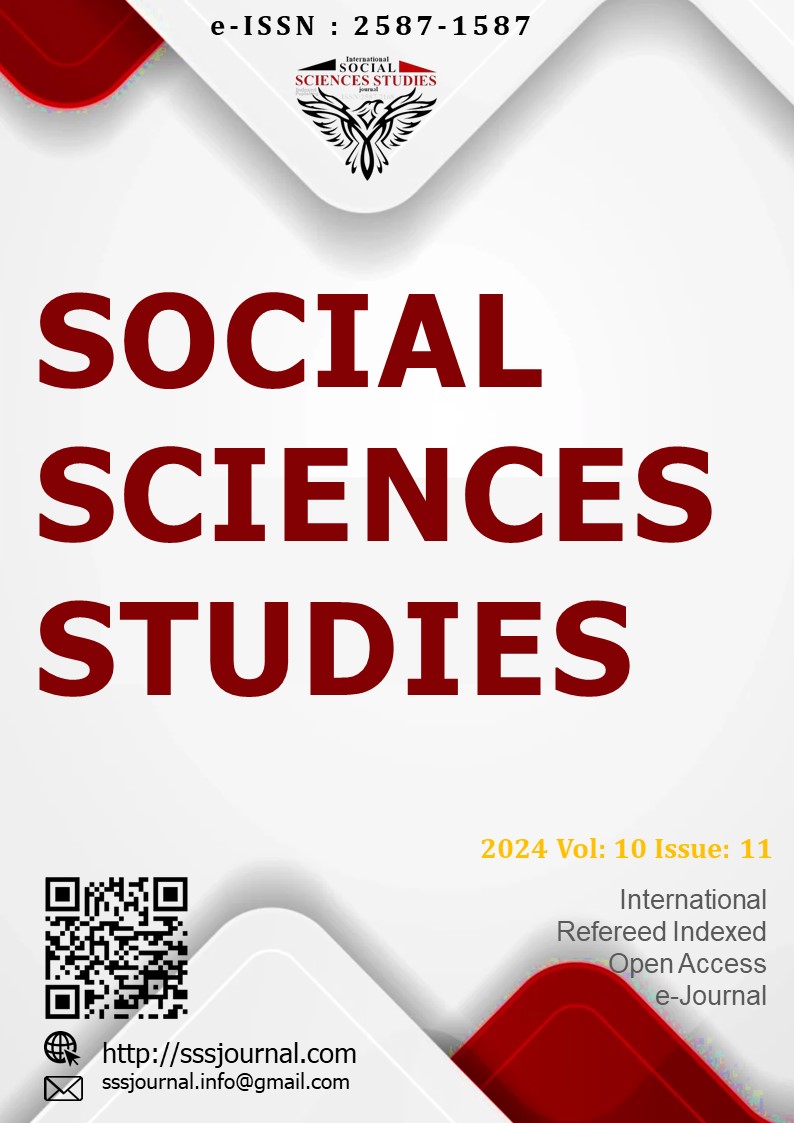Author :
Abstract
|
Benedictus Baruch Spinoza on yedinci yüzyılın en sistemli filozoflarından biridir. Geometrik düzene göre oluşturduğu felsefesi monist bir karaktere sahiptir. Spinoza evren anlayışının temeline bütün var olanların kendinden çıktığı Tanrı’yı koyar. Bu anlayışa göre, tüm varlıklar tek töz olan Tanrı’dan zorunlulukla çıkar. Evrendeki her şey Tanrı’nın sıfatları (attiributum) ya da tavırlarıdır (modus). Dolayısıyla varlıkları var etmesi bakımından Tanrı ilk, her varlığın kendinden türemesi bakımından da içkin nedendir. Spinoza için ilk ve içkin neden olan Tanrı aynı zamanda özgür ve zorunlu nedendir. Dolayısıyla Spinoza, evreni zorunluluk ve nedensellik zincirine göre işleyen determinist bir anlayışla açıklar. Her şeyin zorunlu olduğu doğada insan eylemlerinde özgürlükten söz etmek mümkün değildir; çünkü irade de doğadaki zorunluluğa bağlıdır. Özgürlük ancak zihninin bu zorunluluğu anlamasıyla mümkündür. Bu sebeple doğada varlık hiyerarşisinden ve erek veya final nedenden söz etmek mümkün değildir. Spinoza erekselci nedensellik anlayışının eleştirisi yaparak, bu anlayışın hurafe, boş inanç ve önyargıdan kaynaklı olduğunu kanıtlamayı çalışır. İşte bu makalenin amacı Spinoza’nın nedensellik anlayışını detaylı bir biçimde ortaya koymaktır. Kullanılan yöntem doküman analizi yöntemi olup, temel dokümanlar Spinoza’nın Ethica ve Kısa İnceleme eserleridir. Bu eserlere yönelik klasik ve modern yorumlar da araştırmamız için yaşamsaldır. |
Keywords
Abstract
|
Benedictus Baruch Spinoza is one of the most systematic philosophers of the seventeenth century. His philosophy, shaped according to geometric order, has a monistic character. Spinoza places God, the source of all that exists, at the core of his understanding of the universe. According to this view, all beings necessarily emerge from the one substance, God. Everything in the universe is either a quality (attributum) or a mode (modus) of God. Therefore, God is the first cause of bringing existence to beings and the inherent cause of every beings derivation. For Spinoza, God is simultaneously free and necessitated as both the first and immanent cause. Consequently, Spinoza explains the universe with a deterministic understanding that operates according to necessity and causality. In a nature where everything is necessary, it’s impossible to talk about freedom in human actions because the will is also bound to the necessity in nature. Freedom is only possible through the mind's understanding of this necessity. For this reason, it's not possible to discuss a hierarchy of beings or a final cause in nature. Spinoza critiques the teleological understanding of causality, attempting to demonstrate that this perspective arises from superstition, baseless belief, and prejudice. This article aims to unveil Spinoza's understanding of causality thoroughly. Them et hodused is document analysis, with the primary documents Being Spinoza's Ethica and Short Treatise. Classical and modern interpretations of these Works are also vital for our research. |





